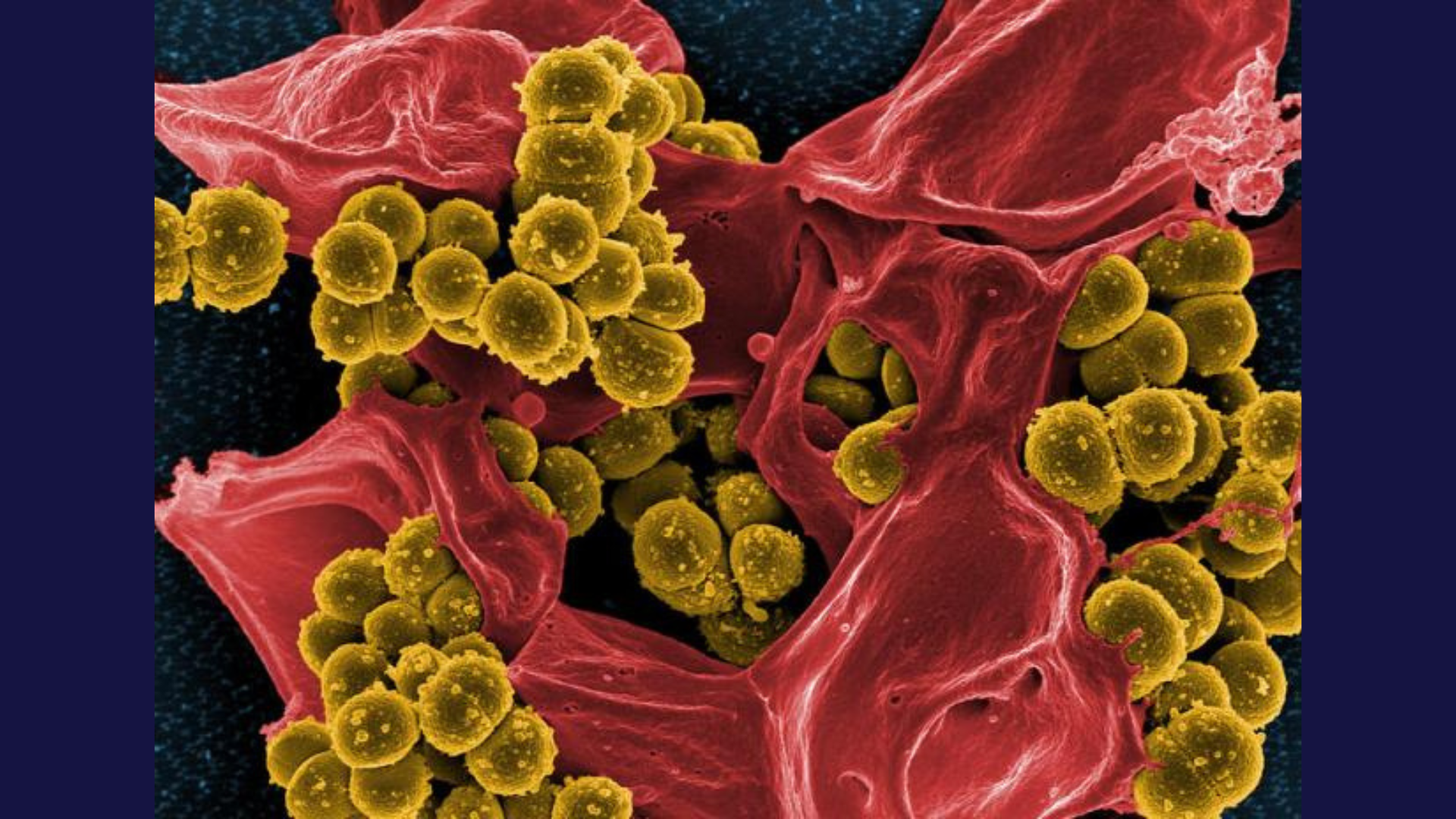(WDNews) Bethesda, MarylandAccording to the findings of a clinical trial funded by the National Institutes of Health (NIH), patients with severe Staphylococcus aureus bloodstream infections may have an alternative to weeks of daily treatment in the form of a two-dose antibiotic therapy.
According to the study, administering two intravenous doses of dalbavancin to hospitalized patients separated by seven days was equally safe and effective as administering a conventional four- to six-week course of intravenous antibiotic therapy. The Journal of the American Medical Association released the results this week.
Dr. John Beigel, acting director of the Division of Microbiology and Infectious Diseases at NIH’s National Institute of Allergy and Infectious Diseases, stated, “Dalbavancin’s establishment as a beneficial therapy for these severe infections gives us a vital new alternative, given the limited number of antimicrobial drugs available to treat Staphylococcus aureus bloodstream infections and the bacteria’s growing drug resistance.”
A peripherally inserted central catheter (PICC) line must be used for weeks as part of standard treatment, which increases the risk of blood clots, infections, and activity limitations. Dalbavancin, on the other hand, only needs two brief intravenous infusions, which lowers the danger of problems and eases the strain on patients.
200 patients with complex S. aureus bacteremia were enrolled in the trial, which was carried out at 23 hospitals across the United States and Canada between 2021 and 2023. The outcomes revealed that dalbavancin and traditional therapy had almost the same success rates in terms of survival, infection clearance, safety, and adverse effects.
Researchers observed that overall quality-of-life scores were comparable across the two groups, even though patients in the dalbavancin group avoided several PICC line-related problems. Cost-effectiveness and long-term results will be examined in more detail.
Dr. Nicholas Turner, the study’s lead author and an assistant professor of medicine at Duke University School of Medicine, stated, “Our findings give patients and healthcare providers the data to support an extra choice when deciding on treatment.”












